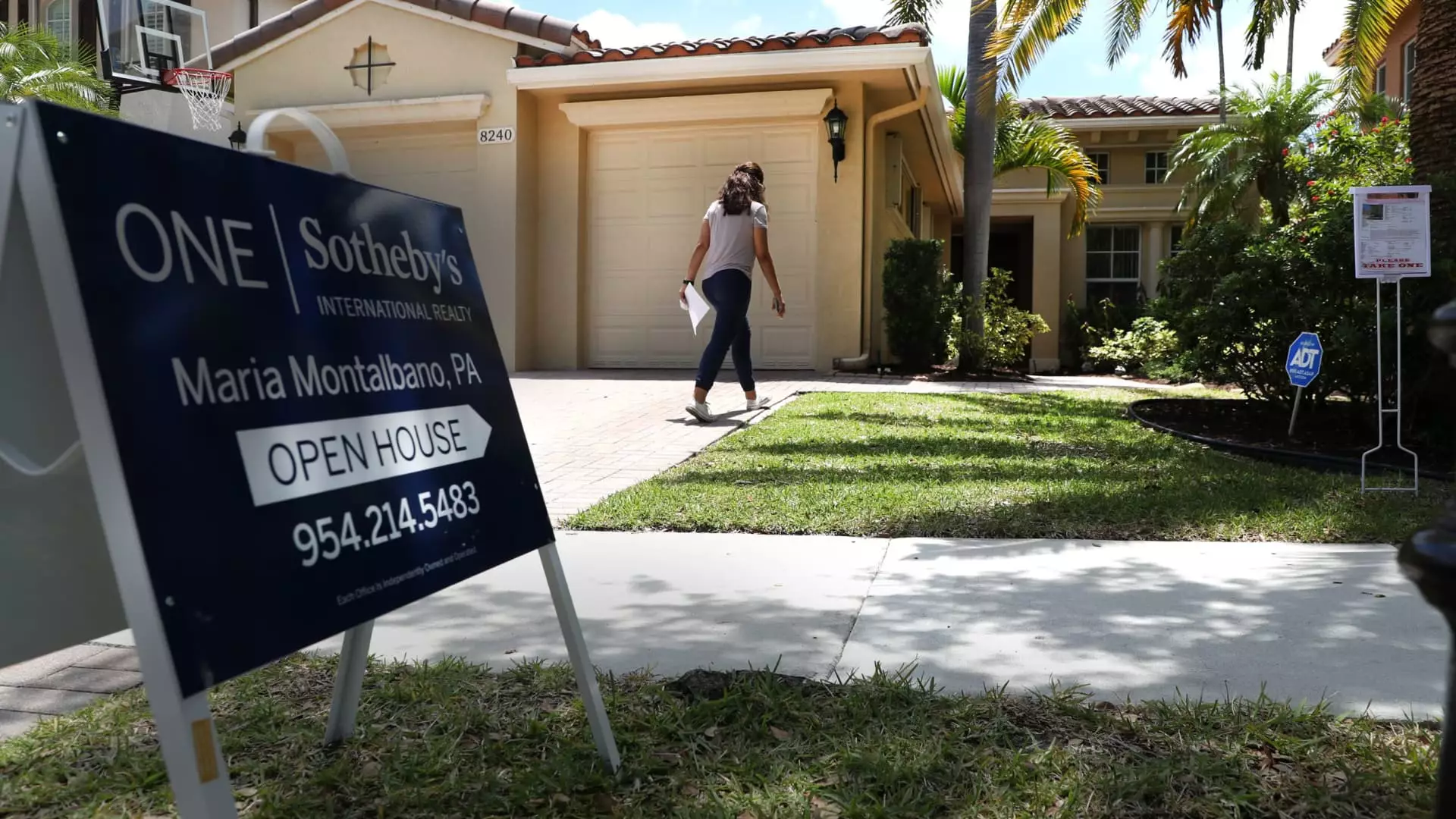Homeownership is often seen as a key way to build wealth that can be passed on from one generation to the next. However, in the United States, more than $32 billion in assessed property values may be at risk due to a little-known issue called heirs’ property. This situation arises when homeowners pass away without a will, leaving property informally to multiple descendants. This informal ownership structure can create numerous challenges, including difficulties in passing on the property, accessing government aid in the case of a natural disaster, and qualifying for property tax relief. Research from JPMorgan Chase has shown that homeowners with heirs’ property are also more vulnerable to foreclosures, tax sales, and predatory investors seeking to acquire homes below market value.
Notably, both heirs’ property and appraisal bias disproportionately affect communities of color. Studies have found that up to half of the property owned by Black Americans is classified as heirs’ property. This issue is a significant contributing factor to the racial wealth gap in the United States. Moreover, research from the Brookings Institution reveals that homes in Black neighborhoods are undervalued by 21% to 23% compared to similar homes in non-Black majority neighborhoods. This systemic undervaluation perpetuates economic disparities and exacerbates wealth inequality among different racial groups.
In response to these pressing issues, JPMorgan Chase has taken a proactive stance by allocating over $9.6 million in philanthropic commitments to organizations dedicated to preserving homeownership and tackling property inequity. This initiative includes targeted support for regions in Georgia, New York, Jacksonville, Pittsburgh, and Washington, D.C. The funding will be channeled towards initiatives that address heirs’ property and appraisal bias through estate planning clinics, legal services, research, and innovative market solutions.
JPMorgan Chase’s philanthropic commitments include funding for various organizations such as Catapult Greater Philadelphia, the Brookings Institution, Economic Architecture, Boston College’s Initiative on Land, Housing & Property Rights, the Center for NYC Neighborhoods, LISC Jacksonville, Howard University’s legal clinic, the Alcorn State University Foundation, and the Federation of Southern Cooperatives/Land Assistance Fund. These organizations are working on a range of initiatives, from providing legal clinics for property title issues to conducting research on property rights in underserved communities and expanding legal assistance to rural homeowners in the Southeast U.S.
The issue of heirs’ property and property appraisal bias represents a significant hindrance to wealth transfer and economic stability for many homeowners, particularly in communities of color. Addressing these challenges requires a multi-faceted approach involving legal support, community outreach, research, and policy advocacy. By investing in initiatives that seek to preserve homeownership and rectify property inequities, financial institutions like JPMorgan Chase play a crucial role in promoting economic justice and ensuring fair access to wealth-building opportunities for all.

